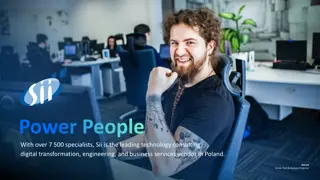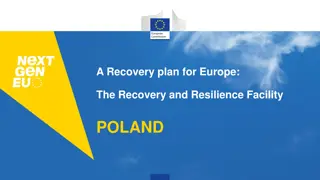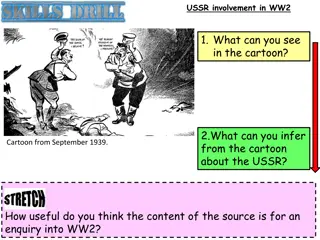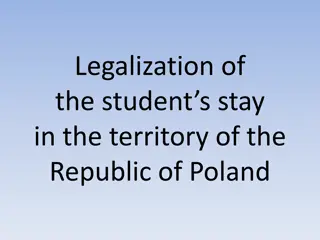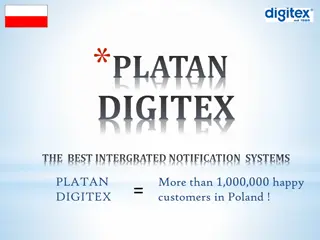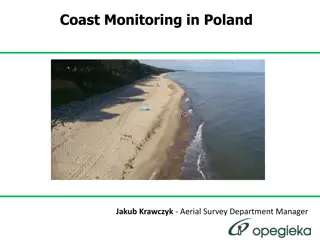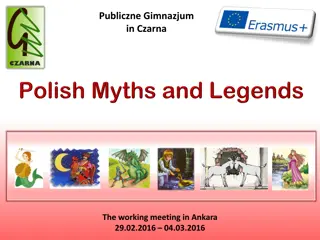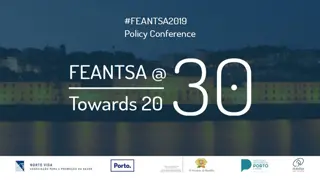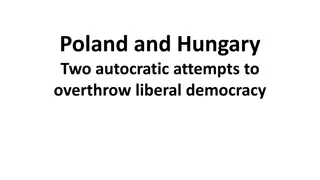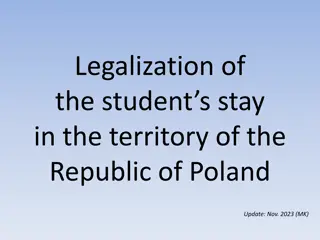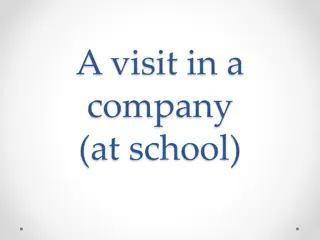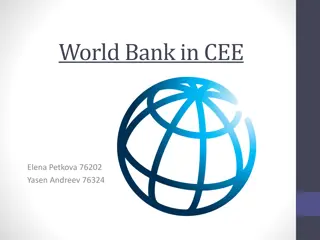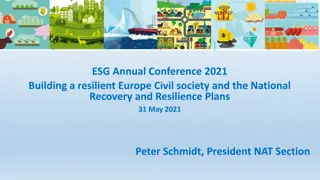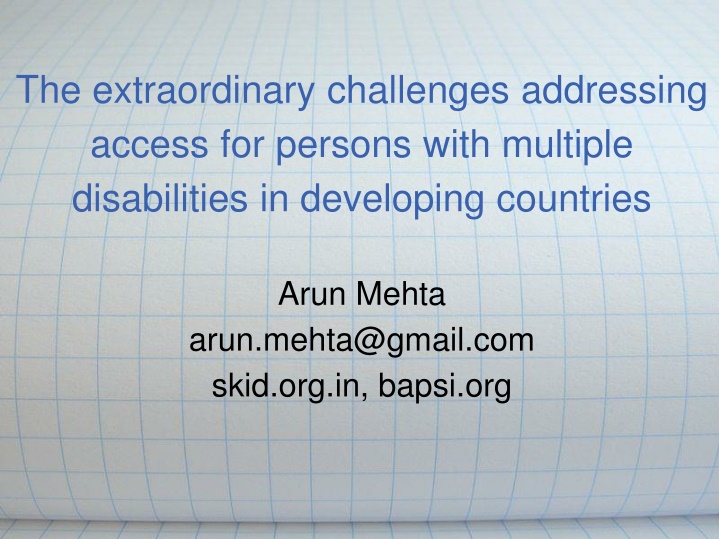
Challenges Addressing Access for Persons with Multiple Disabilities in Developing Countries
Explore the extraordinary challenges faced by individuals with multiple disabilities in developing countries, their lack of access to essential technologies, and the disparity in support compared to affluent regions. Learn about the unique software and hardware requirements for enhancing accessibility and the importance of web programming in addressing these issues.
Download Presentation

Please find below an Image/Link to download the presentation.
The content on the website is provided AS IS for your information and personal use only. It may not be sold, licensed, or shared on other websites without obtaining consent from the author. If you encounter any issues during the download, it is possible that the publisher has removed the file from their server.
You are allowed to download the files provided on this website for personal or commercial use, subject to the condition that they are used lawfully. All files are the property of their respective owners.
The content on the website is provided AS IS for your information and personal use only. It may not be sold, licensed, or shared on other websites without obtaining consent from the author.
E N D
Presentation Transcript
The extraordinary challenges addressing access for persons with multiple disabilities in developing countries Arun Mehta arun.mehta@gmail.com skid.org.in, bapsi.org
Professor Stephen Hawking could only press one button....
I am quite often asked: How do you feel about having ALS. The answer is, not a lot. I try to lead as normal a life as possible, and not think about my condition, or regret the things it prevents me from doing, which are not that many. -Prof. Stephen Hawking http://www.hawking.org.uk/text/disable/disable.html
But what about developing countries? Prof. Hawking had the support of the NHS, Cambridge University and a thriving tech ecosystem, and money A severely disabled person in an affluent country spends around US$ 25000 annually on finding out what technology to procure, then obtaining it, getting trained in its use, and keeping it repaired In a developing country, even if you don t start out poor, a severely disabled family member often makes you poor Support from government is negligible, when it comes to access technology
Problems relating to access technologies the variety of disabilities, their combinations and varying severities indicate that we need different software for each child also, the software must grow with the child, and be able to handle multiple languages: It must enable all the things people do with computers How do you find people to create this tech? How to handle the next version of hw and sw?
Why Web Programming? The user doesn't need to install software on her machine: it is installed at one place, and users share it without mutual interference Easy to track actual usage, learning patterns,... Front end is a regular web browser, which even runs on mobile phones, and is highly accessible, multilingual, familiar Future proof(?)
Front End: Android phones and tablets Inexpensive Familiar Variety of form factors Easy to program (e.g. MIT App Inventor, using drag and drop visual programming) Easy to distribute and to manage upgrades
Problems we have faced Funding: If this is such a good idea, how come they aren t already doing it in the US? Lack of programmers: once, we were a British colony. Our masters took our cotton, turned it into cloth, and sold it back to us. Now, our software developers mostly work for multinationals, which package the software that they write, and sell it back to us Our access to free software writing was, essentially, computer science students doing summer training with us Things are improving
Software by and for the disabled Some of the best software for blind people was written by the blind. For instance, Chris Hofstader worked at Freedom Scientific on the screen reader JAWS. He says "The greatest thing for me was the freedom to invent my future. I was building technology that the next day I could use myself." T.V. Raman, who wrote emacspeak, is a great role model. James Teh and Michael Curran, both blind students, developed open-source screen reader program, NVDA (Non Visual Desktop Access).
Long term solution A training facility for students with different kinds of disability, where they learn how to create and repair access technologies Given the furious pace at which technology changes, taking advantage of new technologies is essential. The potential users need the confidence that when necessary, the products will also be repaired and upgraded inexpensively It would be an honour to support such a facility in Poland



